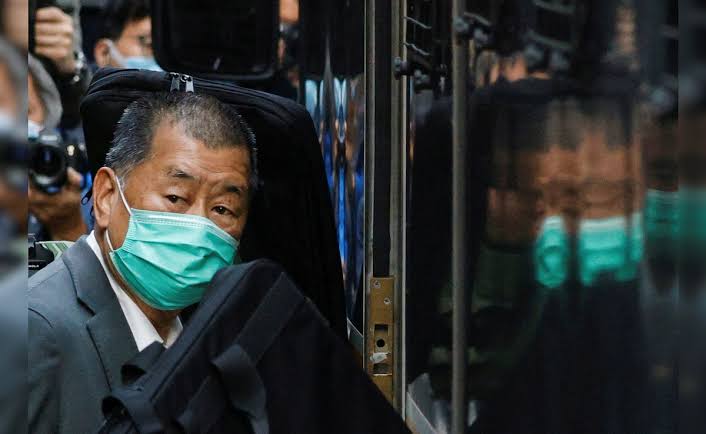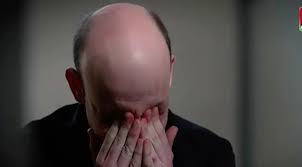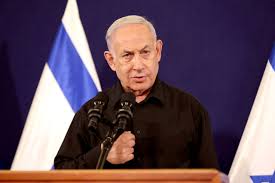
HONG KONG (AFP) : Hong Kong pro-democracy tycoon Jimmy Lai pleaded not guilty Tuesday to “sedition” and “collusion” charges in a high-profile national security trial that could see him jailed for life.
The charges against Lai –- founder of the now-shuttered popular Chinese-language tabloid Apple Daily –- revolve around the newspaper’s publications, which supported pro-democracy protests and criticised Beijing’s leadership.
The 76-year-old is accused of two counts of colluding with foreign forces by calling for international sanctions against Chinese and Hong Kong officials.
“Not guilty,” Lai said in English for each of the three charges read out.
Wearing a white shirt and a navy blue jacket, the septuagenarian was surrounded by three prison guards in the defendant’s dock.
His wife and some of his children sat in the courtroom gallery, which was packed with reporters and members of the public.
Lai’s trial, which began in late 2023 after he was jailed for more than 1,100 days, is being closely watched as a barometer of Hong Kong’s political freedoms and judicial independence.
Other defendants in the case include three Apple Daily companies that have been taken over by the Hong Kong government, six former executives of the newspaper and two young activists related to an advocacy group called Stand With Hong Kong Fight For Freedom (SWHK).
“This case is about a radical political figure… who conspired with others to bring into hatred and stir up opposition to the government of (Hong Kong) and the central authorities, and to collude with foreign countries or external elements to endanger national security,” lead prosecutor Anthony Chau told the court Tuesday.
Chau called Lai a “mastermind” who used his media business “as a platform to pursue his political agenda… and orchestrated a conspiracy with the so-called democracy and freedom advocacy group Stand with Hong Kong Fight for Freedom”.
The prosecution cited 161 publications of Apple Daily between April 2019 and the newspaper’s last day in June 2021 as “examples of seditious publications… with a view to polluting the minds of the impressionable ones”.
Lai was also accused of providing instructions and financial support for SWHK to lobby foreign countries for sanctions, including the United States, the UK, New Zealand, Australia, Japan, Czech Republic, Portugal and Ireland.
Foreign ‘connections’ alleged
Prosecutors on Tuesday named dozens of politicians, activists and academics — based in Hong Kong, the United States, Britain, Canada, Japan and Taiwan — as Lai’s “connections”, showing a colour-coded chart on overhead projector screens.
At least seven have been alleged as Lai’s agents or intermediaries.
Prosecutors highlighted Lai’s meeting with former US vice president Mike Pence and secretary of state Mike Pompeo in 2019 to say that he had “vast foreign and external connections”.
They also went through a list of Lai’s “overt acts” of collusion, which included dozens of commentaries written by Lai for Apple Daily and other media outlets, 24 chat show episodes and 811 tweets.
Lai sat cross-armed in the dock and wore headphones, which his lawyer previously explained were to help him hear the trial more clearly.
As the court adjourned for lunch, Lai blew kisses to his family members, who smiled and waved back.
At the start of Tuesday’s hearing, prosecutors finalised the charges against Lai: one count of “conspiracy to produce seditious publications” and two counts of “conspiracy to collude with foreign forces to endanger national security”.
The latter offence carries a penalty of up to life in prison under the security law Beijing imposed in 2020 to quell dissent after the huge democracy protests the year before.
Aside from the three Apple Daily companies that stand charged as corporate defendants, the remaining defendants have pleaded guilty.
Five defendants are expected to testify against the media mogul.
Lai is a British citizen, and a few representatives from foreign consulates were present to observe the trial.
His case has drawn widespread condemnation from the international community but Beijing has dismissed the criticism as smears and interference.






